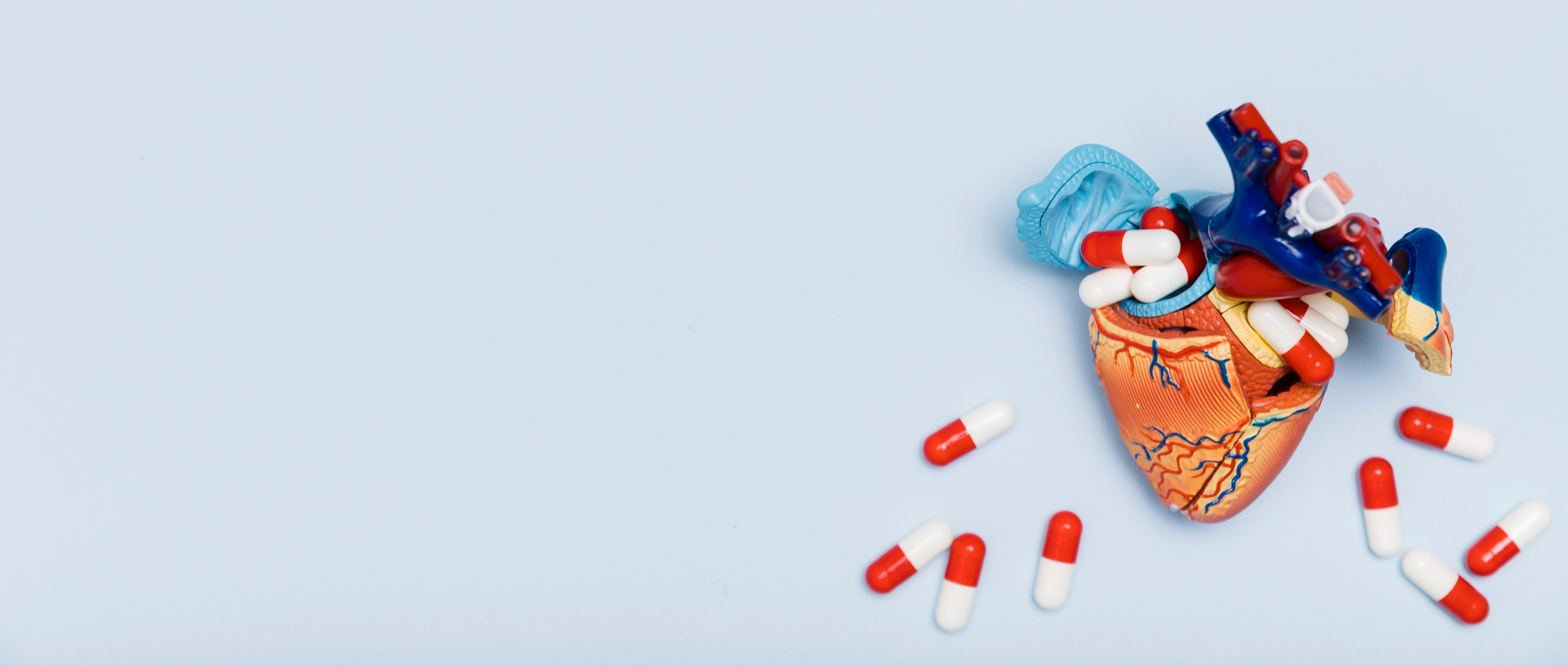
Heart rate is one of the body’s primary markers of health, and change in heart rate can be a sign of a range of physical disease. For all of us, the heart rate is normal and consistent, and for some of us, the heart rate is extremely low and needs medical assistance. Or even anesthetize. In these cases, certain pills and drugs can be an effective way to increase the heart rate. Here, in this article, I will describe such drugs and their utilization.
Causes of the increase in the heart rate
Oftentimes, in certain medical conditions, the body requires an increased heart rate for a certain cause. These causes are:
- Bradycardia (slow heart rate)
Bradycardia refers to a slowed heart rate wherein the heart has fewer than 60 beats in a minute. It is a result of an abnormality with the conduction system of the heart that fails to transmit and receive impulses. It can be caused by certain drugs or medicines, aging, and heart ailment. Some of the manifestations of bradycardia include dizziness, weakness, fatigue, loss of consciousness, and, in severe cases, complete cardiac arrest.
- Low blood pressure
Low blood pressure is the state where the blood pressure in the arteries becomes so low that the vital organs do not receive enough blood. Severe loss of iodine, dehydration, infectious shock, or heart disease are some causes of low blood pressure. The heart is unable to pump the blood and heart rate decreases in severe low blood pressure.
- Sedatives and beta-blockers
Certain drugs, such as beta-blockers used to treat high blood pressure or heart problems, slow the heart down.Beta-blockers reduce an out-of-control rise in pressure on the heart by reducing the heart rate, but decrease the heart rate too far in some individuals.
- Cardiovascular diseases
Heart failure is a state where the heart cannot supply enough blood to organs in the body, and this can lead to reduced heart rate. Artery blockage or closure that supplies blood to the heart also reduces the heart rate, and hence pharmacological treatment is needed.
- Nervous reactions or over-stress
The autonomic nervous system that governs the automatic body processes may result in slow heart rate due to overreaction, i.e., stress. The body can also react to intense stress leading to abnormally low heart rate, especially in patients with heart disease.
- Thyroid problems
Hypothyroidism is the most prevalent cause of reduced heart rate and leads to reduction in the metabolic rate of the body and, consequently, in the heart rate.
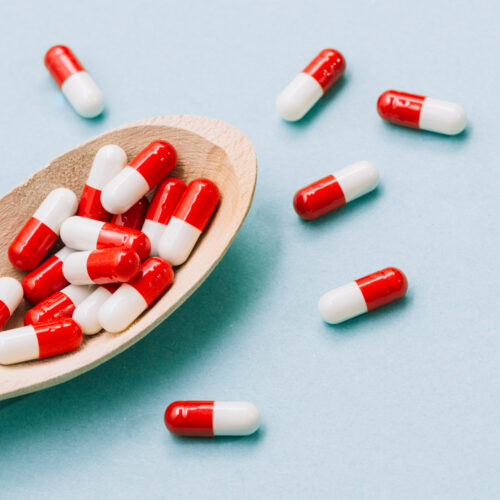
Types of heart-rate medications
Physicians use drugs that alter the function of the nervous system and heart to induce a higher heart rate in the treatment of low heart rate. The most important among such drugs are:
- Atropine
Atropine is a drug that exerts its effect through vagal inhibition, thereby lowering heart rate. It blocks the effect of the vagus nerve on the heart and increases heart rate. It is typically administered in cases of inappropriate bradycardia and when the heart rate becomes critically low. The atropine dose is typically in the form of an injection by a doctor, and the dose Depending on the patient’s ill condition, the dose is prescribed. The drug works quickly and has a tendency to raise heart rate immediately.
- Adrenaline (epinephrine)
Adrenaline is a physiologic hormone that raises blood pressure and heart rate. It is very directly operating on the heart’s beta-adrenergic receptors and causing nearly instant increase in heart rate by activating the sympathetic nervous system. It is typically given in cardiac emergencies such as cardiac arrest, anaphylactic shock, and acute bradycardia. Adrenaline typically given as an injection in an emergency situation and under the close monitoring of a doctor It can be performed. Adrenaline acts very quickly but transiently, so extremely useful during an emergency situation.
- Isoproterenol (Isoprenaline)
Isoproterenol is a beta-adrenergic receptor agonist which raises heart rate and improves pumping of the heart by activating beta receptors of the heart. It is given to correct bradycardia in cases of certain disease and to augment heart rate in patients who are dependent on pacemakers. It is given by injection and the dose will have to be titrated based on severity of illness. Isoproterenol It has a relatively quick onset of action but with effect that is short-lived and thus with close observation.
- Dopamine
Dopamine increases the heart rate and force of the heart contractions by activating the heart’s beta-adrenergic receptors. It increases the renal and end-organ perfusion. It is given in the state of Cardiogenic shock (insufficient cardiac function), severe bradycardia, and hypotension. Dopamine is usually given intravenously and dosage is titrated according to the patient’s condition. Effects The drug is relatively quick and the duration of action can be controlled depending on the dose administered.
- Aminophylline
Aminophylline increases the heart rate by dilating blood vessels and improving blood flow to the heart. This medication is most commonly used to treat breathing problems such as asthma, but it is also sometimes used for bradycardia. It is used in cases where bradycardia is caused by increased vagal tone. Aminophylline is usually given by injection. The effect of aminophylline usually begins shortly after injection.
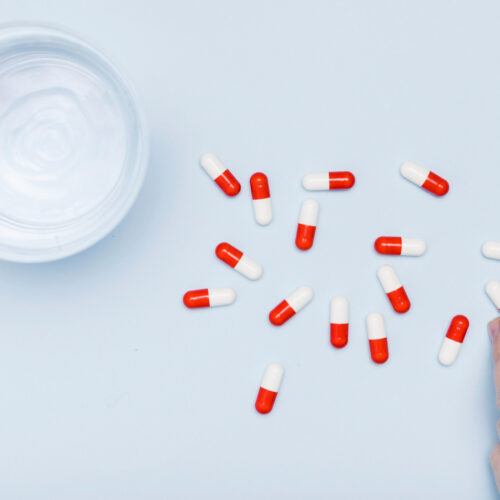
Considerations and Side Effects of Heart Rate Increasing Drugs
Heart rate-increasing drugs are drugs which induce an increase in the heart rate. Heart rate-increasing drugs can have side effects and need high accuracy for their administration and administration. Some of the most significant considerations are as follows:
- Side effects of heart rate-increasing drugs
- Life-threatening cardiac palpitations
Most common side effect that will more than likely induce fear and anxiety issues and even increased vulnerability to heart attack.
- Raised blood pressure
Majority of such drugs are bound to result in increased blood pressure, which consequently may develop into acute cardiovascular ailments in case of its uncontrolled prevalence.
- Cardiac arrhythmias
Some of these medications have the capability to produce an abnormal heart rhythm (arrhythmias), which are poisonous and need close observation.
- Disturbance in sleep
Stimulation of the nerves and tachycardia result in insomnia or sleep disturbance.
- Dizziness and headache
Increased heart rate and blood pressure abruptly result in dizziness, headache, and weakness.
- Contraindications
- Certain heart diseases
Some patients with serious heart disease are not tolerant to these medications, and it is not safe to use them.
- Pregnancy and lactation
These medications must be used carefully and under medical supervision in pregnancy and lactation.
- Hypertension
Patients with high blood pressure should use these medications cautiously as they can cause inappropriately high blood pressure.
- Interactions with other drugs
- Antihypertensives
A combination of drugs that increase the heart rate and antihypertensives can have a counteracting effect resulting in drug interaction.
- Sedatives
Sedatives or anxiolytics combination with such drugs can result in add-on effects on dizziness as well as extra somnolence.
- Beta-blockers
Medicines that fall under the category of beta-blockers with extensive applications of reducing heart rates have been found to cause an interaction with heart accelerator drugs.
- Need for medical advice
- Close supervision
They should be maintained under close medical supervision about their use and consumption, and their unrestricted use is not healthy for one’s health.
- Dosage regulation
Dosage should be regulated strictly as per the condition of the patient and seriousness of the problem, and the doctor should change the dosage based upon the body’s response to the medicine.
Final Thoughts
Rate-increasing medications for heart rate are a very useful therapeutic drug in managing bradycardia and other inappropriately reduced heart rates. The drugs are lifesaving and improve the lives of patients. Application of the drugs, however, requires enormous care and medical attention since their side effects can cause serious complications if they are misused. Thus, their abuse It should be done after accurate diagnosis by the doctor and after weighing all the pros and cons. And lastly, avoiding heart condition and taking expert advice can prevent complications and will heal patients.
Resources


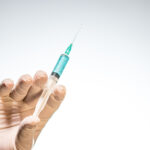


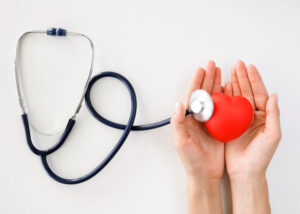


No comment yet, add your voice below!